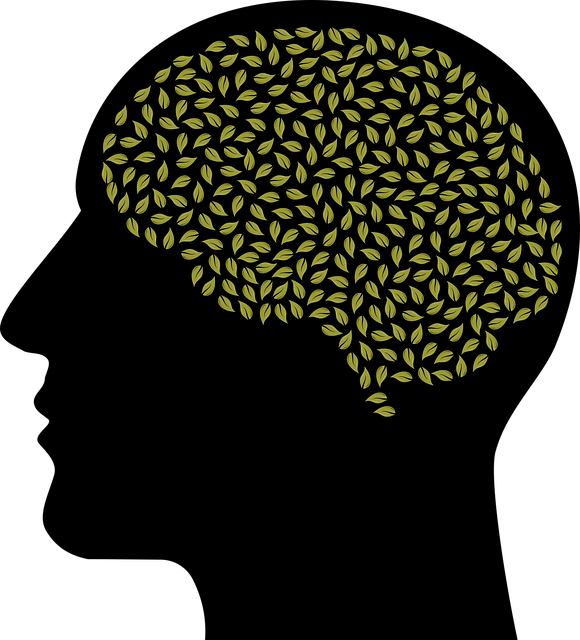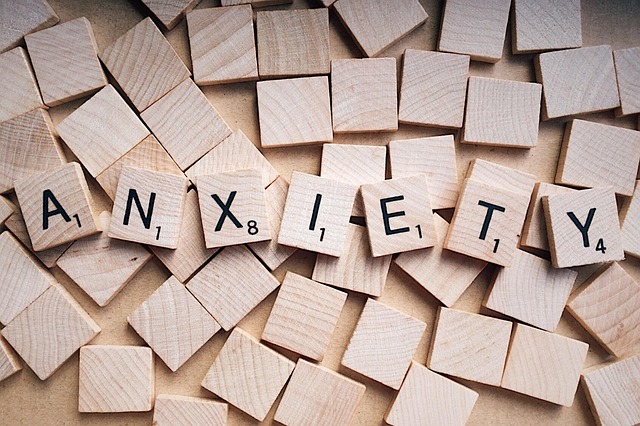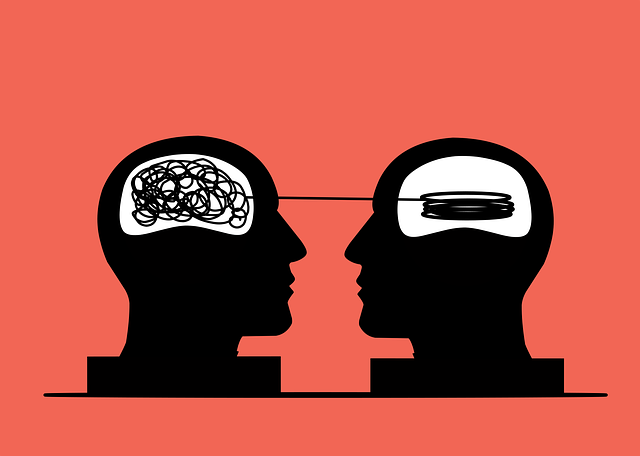Dissociative disorder (DD) is a complex mental health condition that can be treated using mindfulness meditation, an ancient therapeutic approach. Research shows mindfulness-based therapies, integrated with cultural competency training and public awareness campaigns, enhance self-awareness, reduce dissociation, and improve mood management for children with DD. Tailored mindfulness practices, including breathing exercises, listening activities, and body scans, foster emotional connection and sensory awareness. Consistent practice empowers children to manage triggers, view challenges as growth opportunities, and overcome DD, improving therapy outcomes.
Mindfulness meditation offers a powerful therapy for children struggling with dissociative disorder, helping them cultivate present-moment awareness and regulate their emotional responses. This comprehensive guide explores effective strategies to integrate mindfulness into children’s lives, from understanding dissociative disorder’s unique challenges to practical step-by-step techniques. Learn how preparation, guided practices, and tracking progress can foster a healing journey, empowering both children and caregivers in managing symptoms and enhancing overall well-being.
- Understanding Dissociative Disorder and Mindfulness Meditation
- Preparing for Meditation Practice with Children
- Step-by-Step Guide to Implementing Mindfulness Techniques
- Tracking Progress and Embracing Challenges in the Healing Journey
Understanding Dissociative Disorder and Mindfulness Meditation

Dissociative Disorder (DD) is a complex mental health condition characterized by disruptions in an individual’s sense of identity, memory, and perception. It often manifests as a coping mechanism in response to traumatic events, causing individuals to detach from their emotions, memories, or even parts of their consciousness. Mindfulness meditation, a practice rooted in ancient traditions, offers a unique therapeutic approach for managing DD symptoms.
By cultivating present-moment awareness, mindfulness meditation helps individuals with DD regain control over their mental processes. It promotes the development of emotional regulation skills, enabling them to navigate and process traumatic memories more effectively. Research suggests that mindfulness-based therapies can enhance self-awareness, reduce dissociation, and improve overall mood management for children struggling with this disorder. Healthcare providers who specialize in DD often incorporate mindfulness techniques into comprehensive treatment plans, considering cultural competency training to tailor these practices to diverse patient populations. Public awareness campaigns about DD and the benefits of mindfulness meditation can further support individuals seeking alternative therapy options.
Preparing for Meditation Practice with Children

Preparing for mindfulness meditation practice with children involves creating a safe and nurturing environment that supports their unique needs and abilities. Many children, especially those diagnosed with dissociative disorder, can benefit immensely from therapy-integrated mindfulness practices. These include structured activities that foster social skills training, compassion cultivation practices, and emotional regulation strategies. By incorporating these techniques into a community outreach program implementation, practitioners can help children develop a deeper sense of self-awareness and connection to others.
Mindfulness meditation sessions should be age-appropriate and engaging. Using simple language, visual aids, and interactive exercises can make the practice more accessible and enjoyable for kids. It’s crucial to adapt these practices based on individual progress and feedback, ensuring that each child receives tailored support. Incorporating mindfulness into daily routines, such as during meals or before bed, can also help normalize the practice, making it an integral part of their emotional well-being journey, potentially complementing existing therapy for dissociative disorder.
Step-by-Step Guide to Implementing Mindfulness Techniques

Implementing mindfulness techniques can be a powerful tool for children struggling with dissociative disorder. Here’s a step-by-step guide to help navigate this process effectively. Start by creating a calming space: Choose a quiet area free from distractions, where the child feels safe and comfortable. Introduce simple breathing exercises, encouraging them to focus on inhaling slowly through their nose and exhaling gently through their mouth. This foundational practice helps anchor them in the present moment and facilitates emotional regulation.
Next, integrate mindful listening. Play soft, soothing music or sounds of nature, and instruct the child to pay attention to the auditory experience without judgment. This exercise cultivates a sense of awareness and mindfulness, promoting positive thinking and mental health education. Gradually, incorporate body scans, guiding them to notice sensations from head to toe, accepting each feeling without reaction. Regular practice of these techniques can significantly contribute to therapy for children dissociative disorder, fostering deeper connection with their emotions and senses.
Tracking Progress and Embracing Challenges in the Healing Journey

Tracking progress and embracing challenges are integral parts of any healing journey, especially when it comes to crisis intervention guidance for children suffering from dissociative disorders. Mindfulness meditation can be a powerful tool in this process, helping young individuals cultivate self-awareness and emotional regulation skills. By regularly practicing meditation, children learn to observe their thoughts and feelings without judgment, fostering a deeper connection with their inner selves. This practice allows them to identify triggers and disassociation patterns, enabling parents, caregivers, and therapists to align their mental health education programs design around specific needs.
Embracing challenges within the healing journey is essential for growth and resilience. Mindfulness encourages children to view difficulties as opportunities for learning and transformation. Through consistent practice, they develop coping mechanisms that enhance their emotional well-being promotion techniques, making them better equipped to navigate life’s ups and downs. This shift in perspective can be incredibly empowering, helping children to feel more in control of their emotions and experiences—a crucial aspect of overcoming dissociative disorders and enhancing overall therapy for children with these conditions.
Mindfulness meditation offers a promising approach to managing Dissociative Disorder, providing children with tools to navigate their internal experiences. By incorporating practices detailed in this guide, parents and caregivers can support children in cultivating present-moment awareness, emotional regulation, and resilience—all essential elements of therapy for dissociative disorder. Through consistent practice, even small moments of mindfulness can lead to significant improvements in mental health and well-being.









